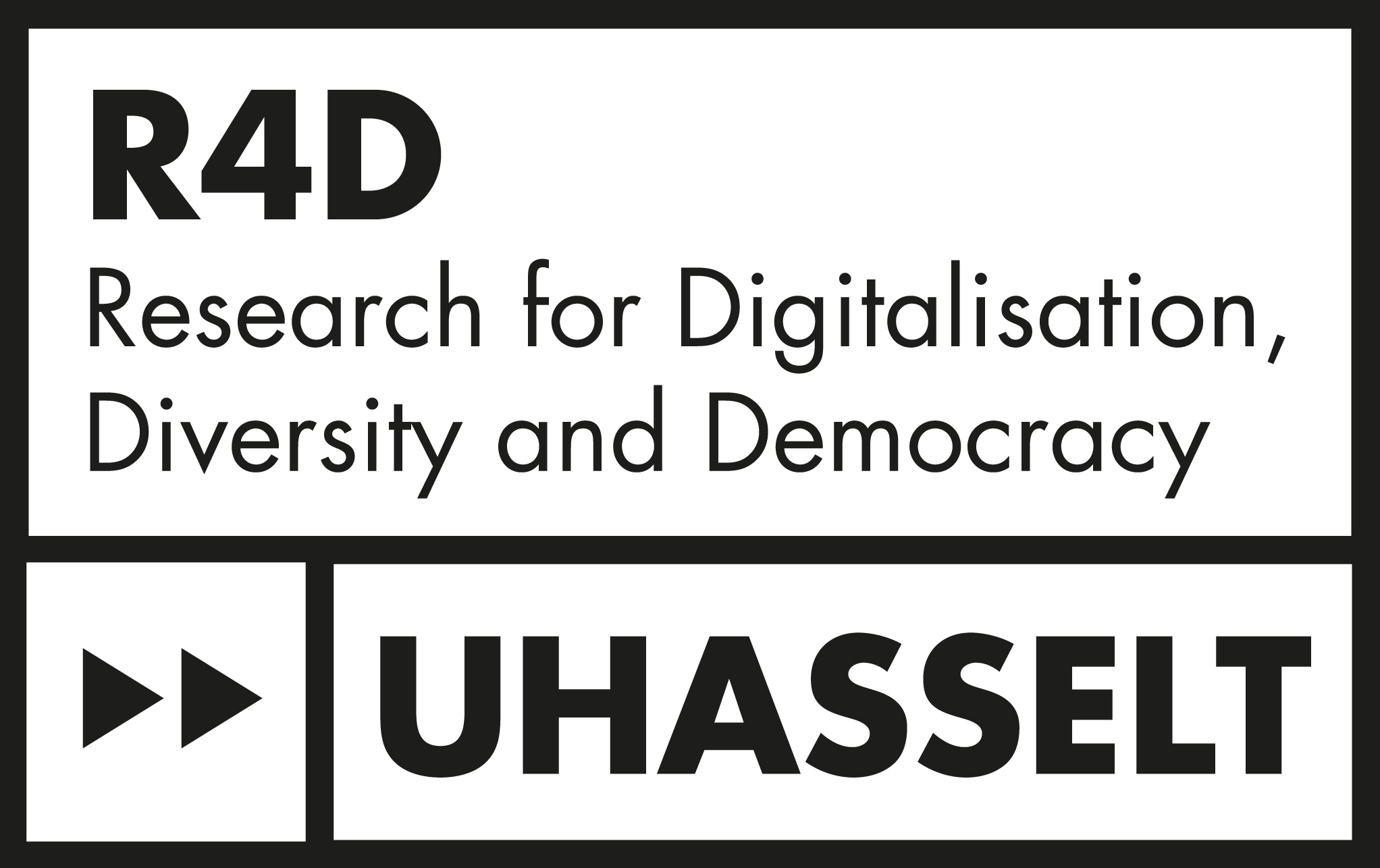Projects & collaborations
R4D has several projects and collaborations ongoing with different partners. We would like to introduce them to you.


View the content of this page

Humans in Digital Logistics
Researchers:
Prof. dr. Patrizia Zanoni & drs. Jannes Zwaenepoel
The project Humans in Digital Logistics (HuLog) is an international research consortium of Hasselt University (Belgium, lead partner), Leeds University (UK), Kozminski University (Poland) and the Hertie School (Germany) and will officially start on 1 November 2022. Project HuLog is supported by FWO Belgium, NSO Poland, UKRI United Kingdom, and the Bundesministerium für Bildung und Forschung Germany under CHANSE ERA-NET Co-fund programme, which has received funding from the European Union’s Horizon 2020 Research and Innovation Programme, under Grant Agreement no 101004509.
HuLog investigates how digital technologies shape work and employment conditions in warehouses in Europe. Today, warehouses are profoundly affected by rapidly evolving digital technologies along the whole supply chain, which facilitate online purchase of goods, harmonize systems for tracking parcels, and optimize warehouse operations to reduce the time for handling goods. Warehousing is expected to keep growing and to generate new jobs, as companies increase local inventories to mitigate the risk of global supply chain disruptions caused by international trade conflicts (e.g. Brexit), armed conflicts and calamities such as the COVID-19 pandemic.
Goals
HuLog will produce multidisciplinary, cutting-edge scientific knowledge on work and employment in European logistics. It will advance the scientific literature in and across relevant disciplines and inform the public debate on the future of work in a context of rapid technological transformation. Combining a socio-material with an employment relations perspective, HuLog examines how digital technologies are deployed in the organization of warehouse operations, including how they:
- shape warehouse workers’ experience of work
- drive warehousing companies’ employment strategies to maximize workforce flexibility, and how this affects working conditions.
Partners:


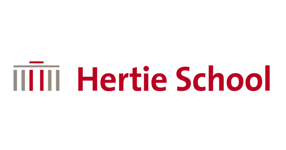

Funders:

INSPIRE
Researchers:
Prof. dr. Patrizia Zanoni, Prof. dr. Koen Van Laer, PhD-student Joanna Beeckmans
INSPIRE is Europe's Centre of Excellence on inclusive gender equality in research and innovation. It brings together cutting-edge knowledge, ambitious policy approaches, and innovative practices to provide a gateway for scholars, equality experts, practitioners and trainers to connect and share resources, as well as co-create new ones.
Europe's Centre of Excellence on inclusive gender equality in research and innovation
Its ambitious research programme develops new, relevant indicators for inclusive Gender Equality Plan (GEP) development, conducts a GEP monitoring survey throughout Europe whilst identifying the conditions necessary for GEP impact. It fills key knowledge gaps on intersectionality, whilst building up the evidence base on promising practices in gendered regional innovation policy. To reduce disparities across Member States and strengthen the European Research Area (ERA), it will use a distributed approach and spread knowledge, know-how and new opportunities for more open and inclusive research and innovation across Europe. The main goal is to strengthen the evidence base for informed policymaking by taking a practice-based approach and meaningfully engaging decision-makers in policy and R&I funding for shaping a more inclusive future.
INSPIRE counts on 4 Knowledge & Support Hubs (KSHs) led by academics and practitioners throughout Europe to develop cutting-edge knowledge on sustaining change, widening participation, intersectionality and fostering innovation and change in the private sector. These KSHs will provide support to 12 Communities of Practice (CoP) to facilitate GEP implementation and foster mutual support for the co-development of innovative practices, customised training and pan-European data collection. Hasselt University will in KSH3 specifically look at how organizations in research and innovation can move from GEPs and Equality, Diversity and Inclusion (EDI) interventions to inclusive intersectional GEPs fostering change towards equality.
Follow us on:
Partners:
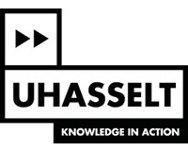
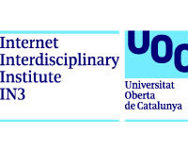
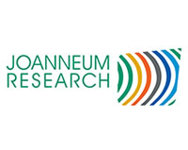
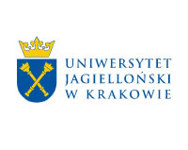
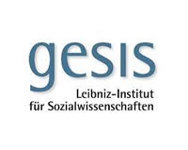
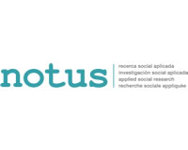
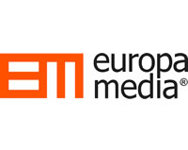
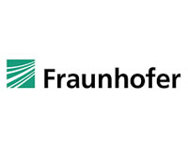
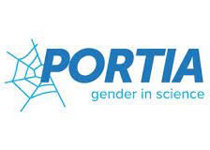
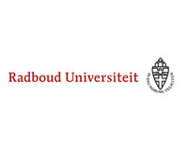
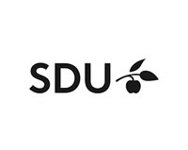
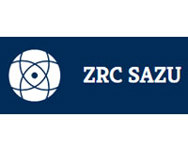
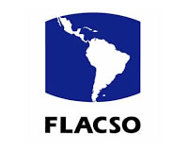
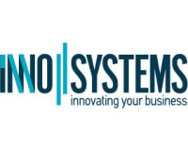
Funders:
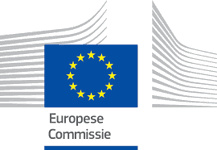
European Commission

Horizon Europe
Collaborate with R4D?
Campus Hasselt - Oude Gevangenis
Martelarenlaan 42
3500 Hasselt

